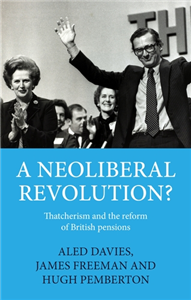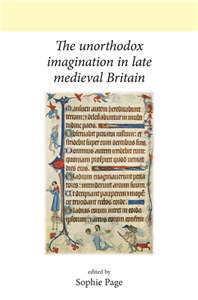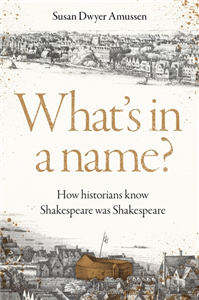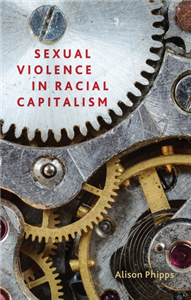Arkan for Studies, Research and Publishing
Arkan is an independent research center established in Egypt in February 2017, aiming to drive scientific research movement forward, promote its various tools in Social Science and Humanities, and support their active individuals and institutions.Arkan is one of the most promising emerging research centers and publishers in Egypt and the Middle East and has a staff of nearly 100 people. It cooperates with individuals, institutions and entities as a scientific, cultural, awareness-raising research center in a way that never exceeds the center's vision, mission, work fields and general objectives.Arkan entered into many interactions with eminent thinkers and academics not to mention international business partners. Further, it is a member of the Egyptian Publishers’ Association and Arab Publishers’ Association and it is to become one of the main actors in the various cultural and scientific forums and book fairs throughout the world in the years to come.To find out more, visit our website: https://www.arkan-srp.com/?lang=en
View Rights Portal

























